Rivers are the cradles of civilisation and the Loire is an outstanding example. It is one of the head-waters of modern France. By the 7th century, the region had emerged from the Dark Ages and was building on Roman traditions to lay foundations that would endure. St Martin, Clovis: we are at the beginning of a recognisably French history.
War is both an expression of civilisation and its curse — but also, occasionally, its saviour. In 732, that nascent French history was in danger of eradication until one of the most important battles in European history took place at Tours, near the Loire. Charles Martel defeated a powerful invading force from Muslim Spain. If he had lost, there would have been little else to impede a Muslim advance. As Gibbon speculated: ‘Perhaps the interpretation of the Koran would now be taught in the schools of Oxford, and her pulpits might demonstrate to a circumcised people the sanctity and truth of the revelation of Mohammed.’
That was not the end of the fighting. The Loire watered the rich pastures of Touraine, which aroused the covetousness of kings and magnates. That was especially true of the Angevin period. We think of the Angevins as rulers of England, who also made serious inroads into Scotland, Wales and Ireland. They regarded England as only a part of their empire — though historians are still arguing as to whether ‘empire’ is a fair description of an agglomeration of territories with little administrative coherence, which were held together only by the military prowess of warrior monarchs.
To follow on from the existential struggle between Muslim and Christian, there was a later episode with piquant current parallels. In the late 14th century, the Earls of Douglas were the greatest Scottish aristocratic house, whose landholdings were of a kingly dimension. Archibald Douglas, the 4th Earl, was one of the most formidable and unsuccessful of his lineage. He was forever in battle — he turns up in Henry IV — and always on the losing side. He ended his career as a condottiere, ready to fight for the French against the English. For this, he was granted the Dukedom of Touraine, a most magnificent reward. In the same year, he led his forces to another defeat and was killed. Unfortunately for the English, there was rapid compensation for unsuccessful Scottish perfidy: Joan of Arc. Troubles continued. Anyone visiting the châteaux of the Loire might assume that they expressed the gentle paths of peace: that the noblemen who commissioned such graciousness could luxuriate in comfort instead of sheltering behind battlements. Not so: France remained unstable.
Even so, douceur de vie was still intermittently possible. A benign climate, interesting soil: the Benedictines drew the obvious conclusion — grow grapes. The wines of the Touraine have one advantage. Though they draw on a great tradition, they are unfashionable, and therefore excellent value. The principal grapes are Chenin Blanc and Cabernet Franc. We Brits tend to undervalue Chenin Blanc and to regard Cabernet Franc as the third choice of Bordeaux, mainly grown in case something goes wrong with the Cab Sauv. But in Bourgueil and Saint-Nicholas de Bourgueil, Cabernet Francs produce intense wine that can be very long-lived. The other night, I drank a ’76 Bourgueil from Lamé Delisle Bouchard, wondering whether it would have lasted. It needed decanting and breathing. A couple of hours after opening, it was excellent.
There is a grower called Jacky Blot, devoted to old-fashioned methods. Organic virtually before the word was applied to viniculture, his wines are excellent, and many of his Chenin Blancs also benefit from bottle age. These are the sort of bottles that wine merchants open at home. Join them, while stocks last.
Got something to add? Join the discussion and comment below.
Get 10 issues for just $10
Subscribe to The Spectator Australia today for the next 10 magazine issues, plus full online access, for just $10.
You might disagree with half of it, but you’ll enjoy reading all of it. Try your first month for free, then just $2 a week for the remainder of your first year.


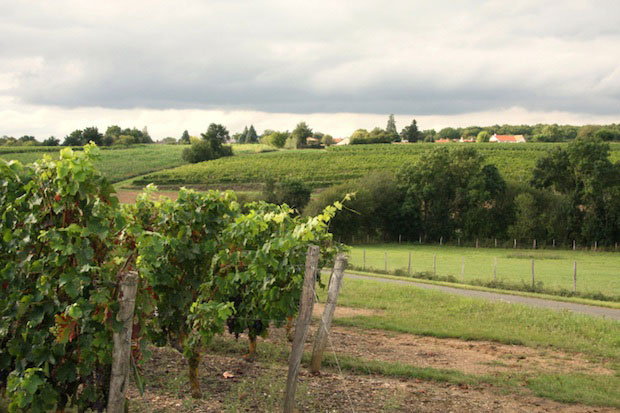
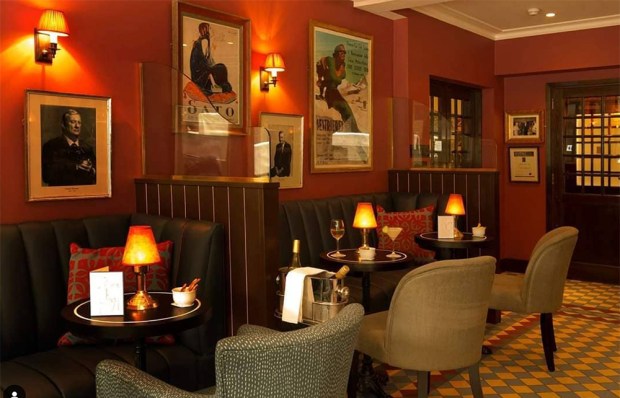
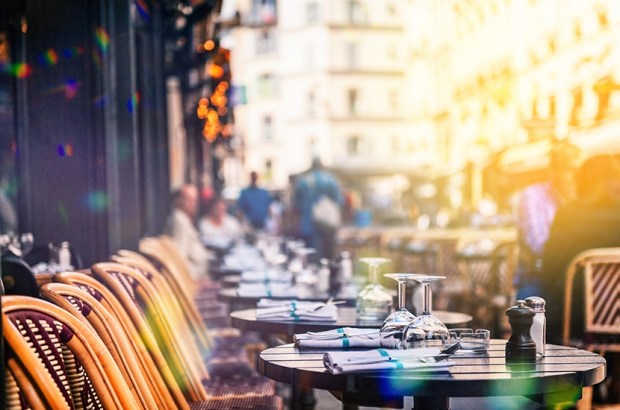
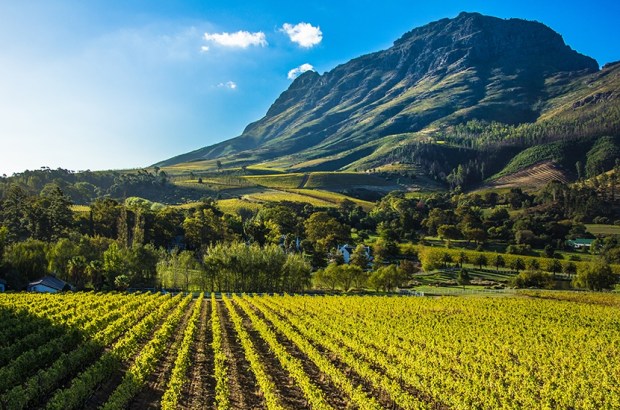

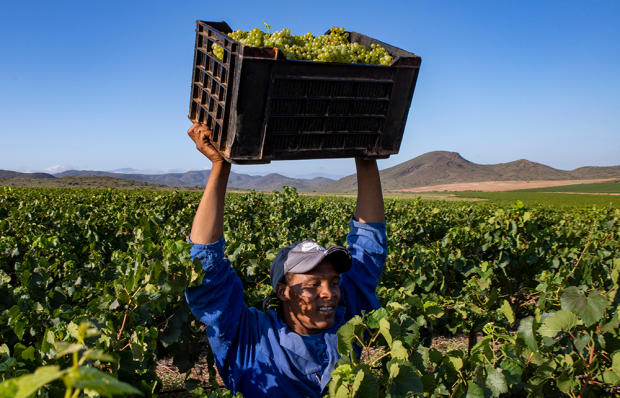







Comments
Don't miss out
Join the conversation with other Spectator Australia readers. Subscribe to leave a comment.
SUBSCRIBEAlready a subscriber? Log in